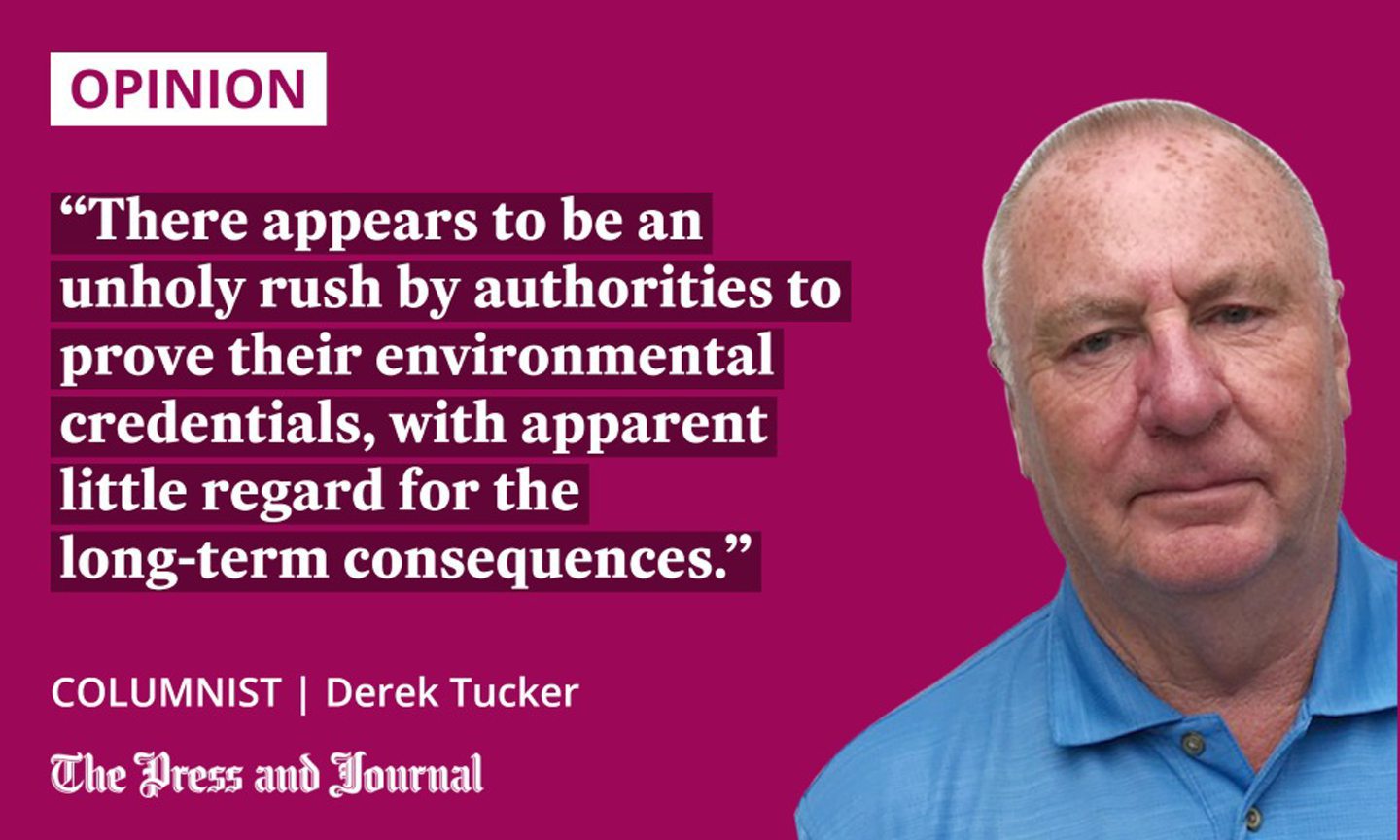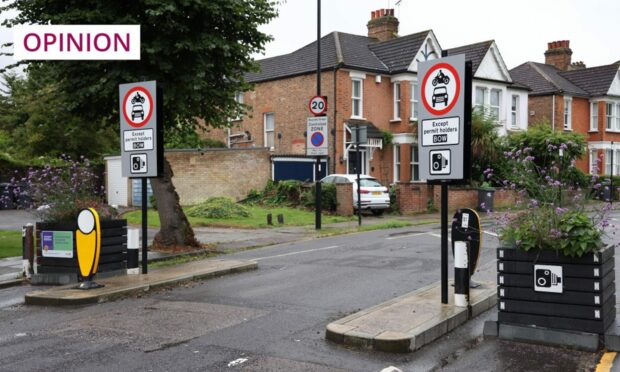Prime Minister Rishi Sunak’s announcement of more than 100 new licences for oil and gas exploration in the North Sea has, predictably, divided opinion.
Some describe the decision as pragmatic and a major economic boost to employment in the north-east’s energy sector, while those on the opposite end of the argument warn that it will be catastrophic for the UK’s 2050 net zero commitment.
In common, I suspect, with many other people, I find it impossible to work out where to position myself, bearing in mind that everyone who wades into the debate has an agenda, quite often not based on fact. The SNP and Greens have thrown their arms in the air in horror at the plan, but then they could hardly have done anything else, given the Green Party‘s sole raison d’être, and the SNP’s obligation to do whatever they’re told in this marriage of inconvenience.
There is not a shadow of doubt that renewable, green energy is the way forward and, almost certainly, the only route to achieving net zero emissions in the declared time frame. But there is compelling evidence that, even then, up to a quarter of the UK’s energy needs will be provided by oil and gas.
If that is the case (and I have not seen any irrefutable evidence to the contrary) then, surely, it makes sense for the oil and gas required to be produced near to home, safeguarding the employment of tens of thousands of UK workers, rather than being imported from thousands of miles away. The war in Ukraine has highlighted the risks associated with relying on Russia for our future needs.

The danger in all this debate is that the centre stage is being dominated by those who shout the loudest. Just Stop Oil, the latest hobby horse of perennial protesters, has seized the initiative and achieved a profile far greater than its actual organisational strength, by systematically disrupting the lives and loves of the silent majority.
This strategy has worked in the short term, with invaluable TV and newspaper coverage of their activities. Ultimately, however, they are doomed to failure, with the government ignoring the protestors’ demands, and signs beginning to emerge that their tactics are backfiring. How long before a counter-organisation called Just Stop Just Stop Oil appears?
Let’s avoid rash decisions and think about long-term consequences
Governments and local authorities need to pause and take stock of the increasing public opposition to a strategy which relies on compulsion and punishment rather than encouragement and reward.
The Tories’ unexpected victory in last month’s Uxbridge by-election has been largely attributed to the decision by London mayor Sadiq Khan to expand the current Ultra Low Emission Zone (Ulez) to the city’s outer suburbs, forcing drivers of non-compliant cars to pay £12 to £50 per day to drive in the city. The fact that most non-compliant cars are petrol vehicles produced before 2005 and pre-2015 diesel vehicles means that they are more likely to be driven by people in poorer households – the very people a Labour administration should be seeking to protect, not penalise.
Here in Scotland, Edinburgh, Glasgow, Dundee and Aberdeen have already launched their own Ulez schemes, and most people would not bet against a rapid programme of Low Traffic Neighbourhoods to follow, with side streets blocked off and all vehicles diverted onto heavily-congested main roads – leading, in turn, to more traffic jams and therefore more harmful emissions.
There appears to be an unholy rush by authorities to prove their environmental credentials, with apparent little regard for the long-term consequences. It is surely time for all the nations of the UK to pause for breath, and take stock of what they have created, what they are trying to create, and draw up a road map to delivering it which can carry the country with them. Beating motorists and homeowners with increasingly bigger sticks will never work.
Derek Tucker is a former editor of The Press and Journal

